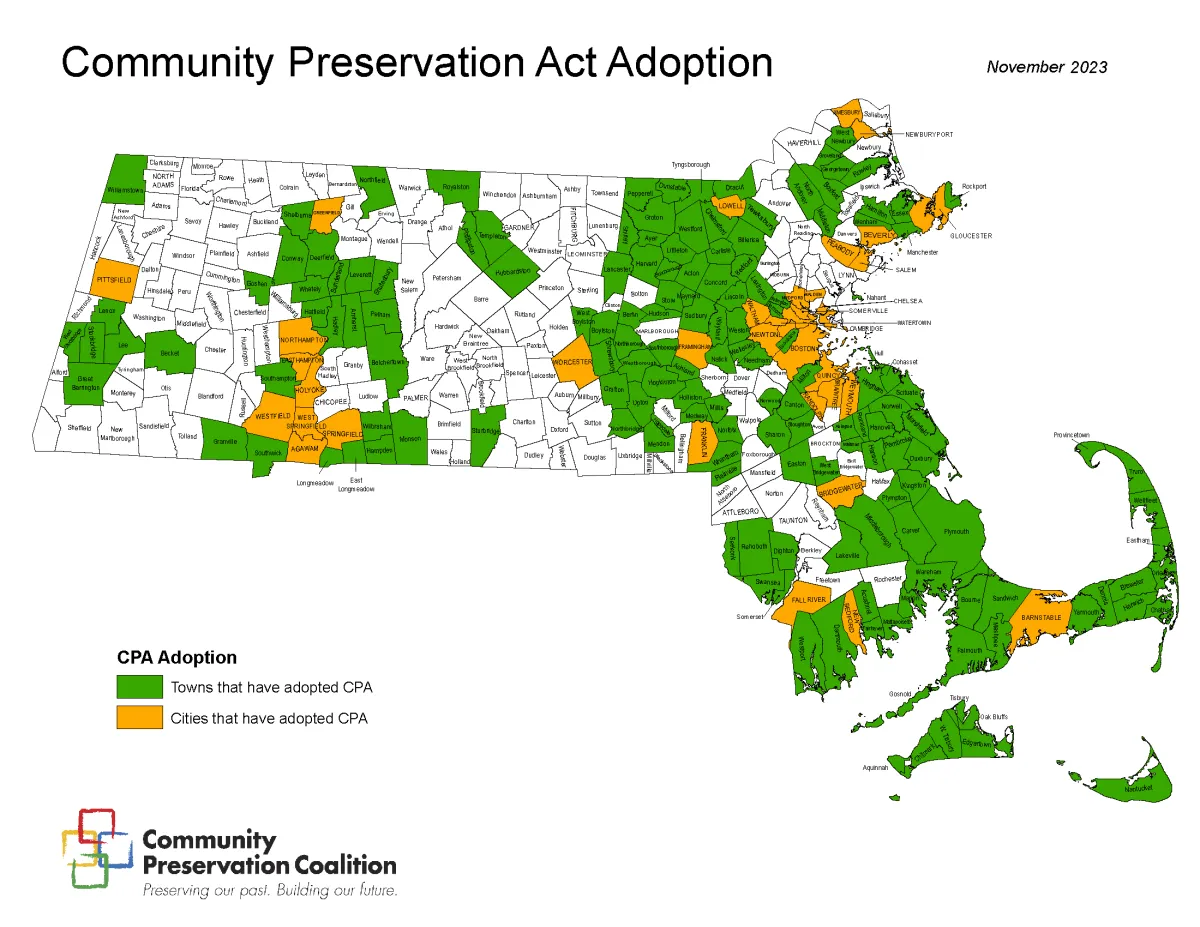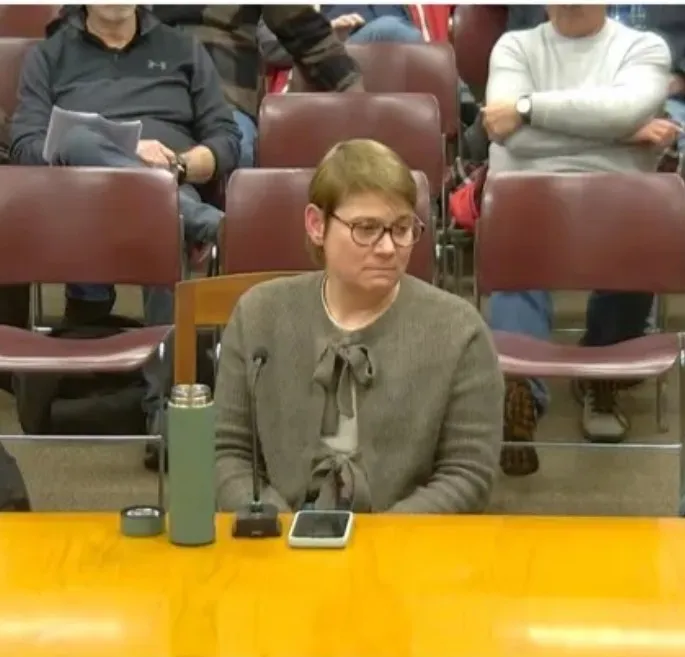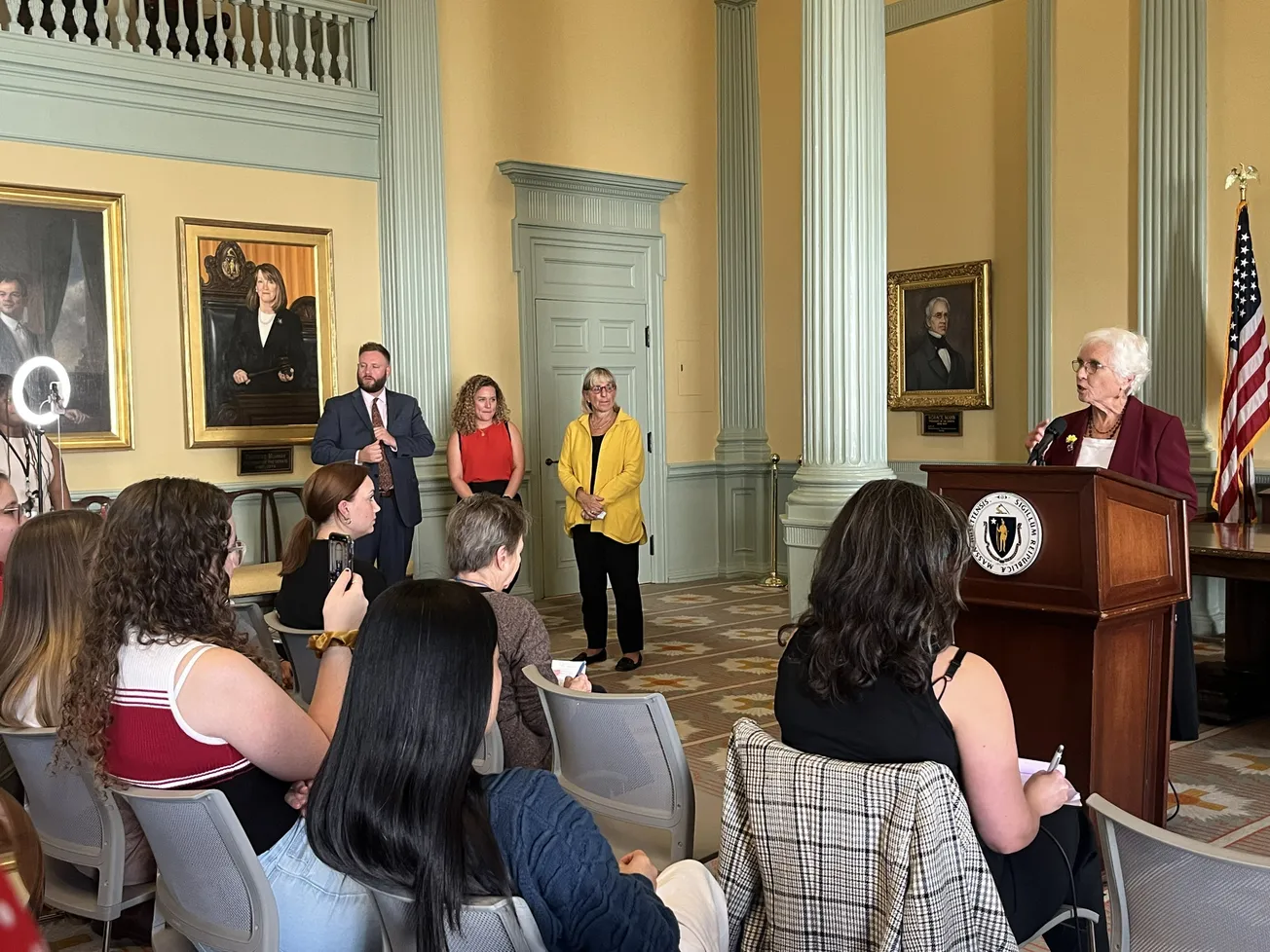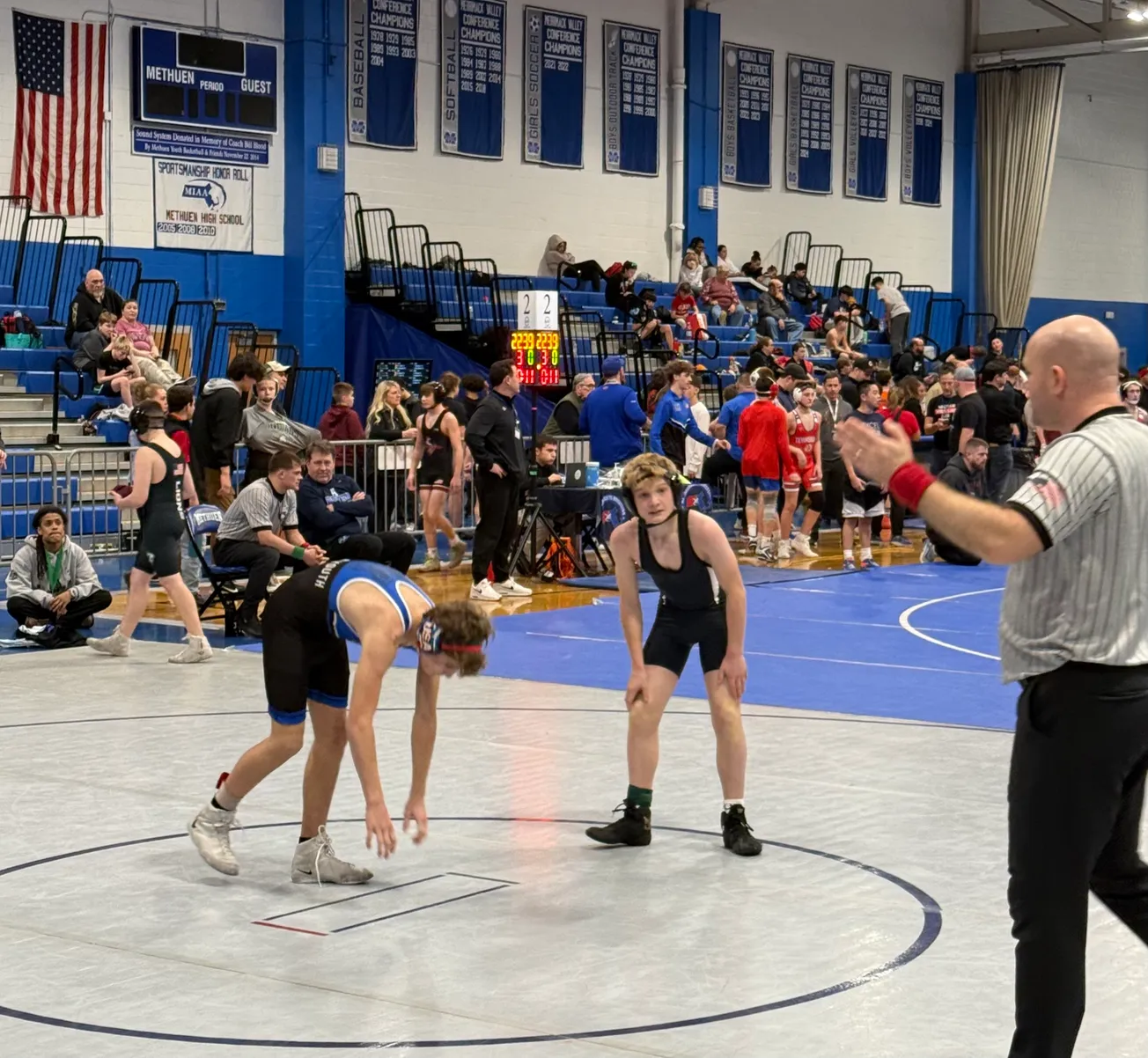Table of Contents
When it comes to the Community Preservation Act, Town Counsel Jay Talerman recently told the Select Board it could be as active or inactive as it wanted to be in regards to participating in a campaign to get the measure passed at the ballot box on Nov. 5.
The CPA, if voters agree, will tack a 1.5% surcharge onto property tax bills to be used solely to preserve open space and historic sites, create affordable housing and develop outdoor recreational facilities. Town Meeting approved both a CPA ballot question and a bylaw in May, but the question still needs to pass muster with voters before the bylaw can be enacted.
Dos & don’ts
Select Board Chair Michelle Prior asked Talerman if he could offer “any sort of high level guidelines for us to not wade into territory we shouldn’t be wading into as elected officials.”
Talerman said the board has every right to take a position and get a certain message out, not only as a board, but also as an individual.
“You have every right to participate in these committees outside of your role as a Select Board member and speak in favor of, pro or con as you see fit,” he said. “Some folks on select boards like to stay away from that, others embrace it.”
Board member Anthea Brady asked if there was a CPA committee that reserved a room at the library and a Select Board member spoke, would they be representing themselves as an individual or the board?
While he noted there are some edges to watch out for, Talerman said board members are allowed to identify themselves as a Select Board member in those kinds of situations.
“If there is a use of a municipal building by a ballot committee then an opposing ballot committee gets to use that same building in a comparable timeframe,” he added. “Classic equal time.”
Talerman warned the committee that while it could attend fundraisers, a coffee gathering or other campaign events together, they had to be aware of the Open Meeting Law. He said if group comment or even a string of individual comments could be construed as deliberation — “those are the things that as it heats up in September, you will want to be careful of.”
“There’s just a rules of the road that if you see yourself out and about and people are saying, ‘well we want to hear from you all’ … someone has to go into the other room or the yard,” he continued.
When it comes to resources, Talerman called using town resources for things like mailers the classic no-no. But the Select Board could use resources for very vanilla things like simply announcing an upcoming vote and how it reads.
“That’s always allowed,” he said.
But when board member John Fallon asked if advocates, or any party for that matter, could have links on the board’s website, Talerman said no.
“That is something we want to stay away from,” he said.
Boundaries
Prior encouraged the board, that as the campaign ramps up, to check in with Talerman if they felt they might be getting into a gray area or had any questions regarding what they could do or what they could say.
“I really thought it was important for Jay to get ahead of this, as potentially folks are getting organized or fundraising is beginning for us, to know some of the boundaries,” she said.
When Prior asked if there was an organized campaign underway, Select Board member Michael Bettencourt said there are residents interested and anxious to get started, but he envisions a midsummer start with everyone hitting the campaign trail hard in September.
Winchester News is a non-profit organization supported by our community. If you appreciate having local Winchester news, please donate to support our work, and subscribe to our weekly newsletter.







